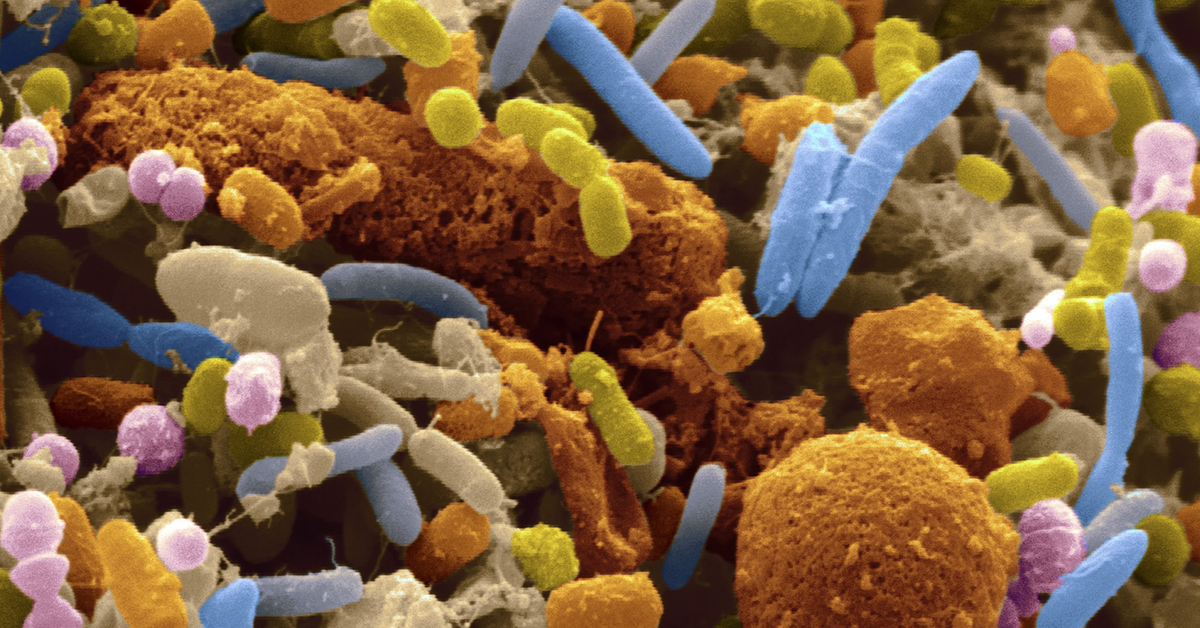Research published in the journal Nature Biomedical Engineering sheds new light on how a specific metabolite can be used to repair the gut lining to help treat food allergies and gastrointestinal diseases.
Prior research has shown that the gut bacteria that comprise the microbiota can prevent antigens from entering the bloodstream and triggering reactions. One example is Clostridium, which produces the metabolite butyrate that promotes the growth of healthy bacteria in the gut.
One way butyrate is produced is via the fermentation of fiber in the gut, but the Western diet is woefully low in soluble fiber, which can deplete the gut of butyrate leading to a permeable gut lining. Such a lining allows food to leak into the bloodstream which can trigger reactions including anaphylaxis.
A common way of restoring a healthy gut microbiota is via a fecal biota transplant, where a solution of fecal matter is transplanted from a donor into the recipient’s intestinal tract. The transplant then alters the microbial composition of the recipient but has had mixed results.
Scientists at the University of Chicago decided to study another way, by introducing butyrate directly to the gut. The problem is the metabolite smells and tastes awful and can break down, making ingestion and delivery to the appropriate place in the gut problematic.
To counter that problem, the researchers developed a specialized molecule to mask the smell and taste and deliver butyrate directly to where it can help restore the gut lining and allow beneficial bacteria to flourish, in turn producing more butyrate and resulting in a virtual circle.
Said Cathryn Nagler, PhD, Bunning Family Professor in the Biological Sciences Division and Pritzker School of Molecular Engineering at the University of Chicago and a senior author of the study:
We were delighted to see that our drug both replenished the levels of butyrate present in the gut and helped the population of butyrate-producing bacteria to expand. That will likely have implications not only for food allergy and inflammatory bowel disease but also for the whole set of non-communicable chronic diseases that have been rising over the last 30 years in response to lifestyle changes and overuse of antibiotics in our society.
The platform developed by Dr Nagler and her team can support the delivery of a variety of metabolites.
Said Jeffrey Hubbell, PhD, Eugene Bell Professor in Tissue Engineering and Vice Dean and Executive Officer at UChicago’s Pritzker School of Molecular Engineering and one of the project’s principal investigators:
It’s a very flexible chemistry that allows us to target different parts of the gut. And because we’re delivering a metabolite like butyrate, it’s antigen-agnostic. It’s one agent for many different allergic indications, such as peanut or milk allergies. Once we begin working on clinical trials, that will be a huge benefit.
Drs Nagler and Hubbell co-founded a company called ClostraBio to further the development of butyrate micelles into a commercially available treatment for peanut and other food allergies. They hope to begin clinical trials within the next 18 months and expand the technology to other applications as well.






